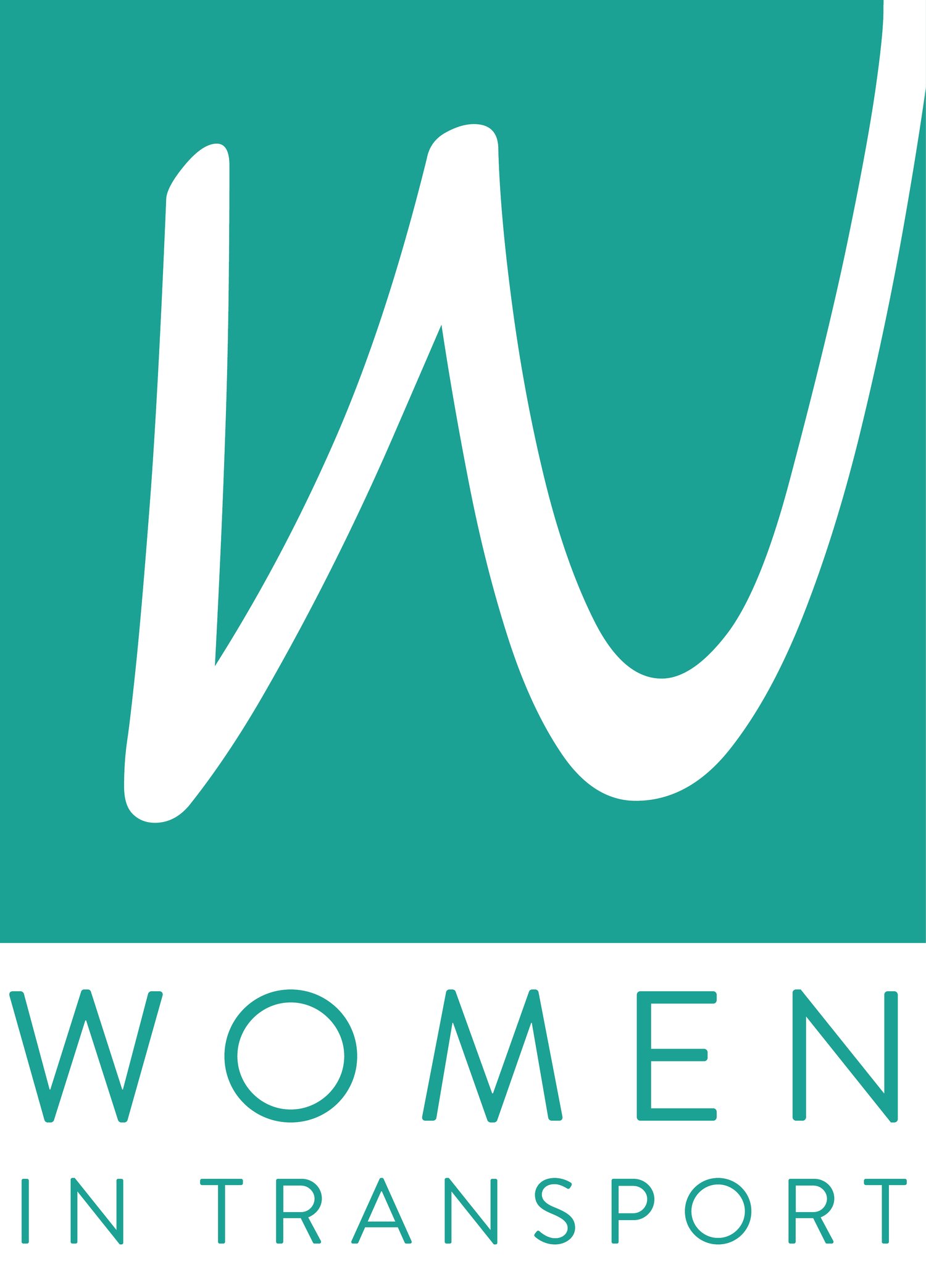Last week the Scotland Hub of Women in Transport was delighted to co-host a webinar with our colleagues at the Chartered Institute for Highways and Transportation on the topic of Gender Budgeting.
Heather Williams, Training Lead at the Scottish Women’s Budget Group, was our guest speaker. Heather has over 20 years’ experience in the violence against women and gender equality fields in Scotland. She has experience of delivering direct support, service development and delivery as well as partnership working at operational and strategic levels. In conjunction with the Scottish Women’s Budget Group, she has worked on participative research projects examining the impact the cost of living has had on disabled women and young women. She is passionate about understanding the structural and systemic issues which cause women’s inequality and taking an intersectional gendered approach to addressing these.
Heather started the presentation by explaining what gender budgeting is and stressing it is not about allocating more resources to women, but rather examining how the allocation of public resources impact men and women differently; and challenging established economic models to eliminate discriminatory outcomes.
Specific to Transport and in particular Active Travel, Heather shared that public spending currently primarily benefits those who currently cycle, with a Key Primary Indicator focused on ‘Kilometres built’ which does not account for trip chaining and care duties traditionally carried out by women. Some of the solutions highlighted by Heather were:
Considering the journeys people take and how active travel can support them to do this, asking why people travel and where they need to get to so the routes support these journeys
Designing and funding community engagement processes to help hear from a diverse range of people
Carrying out Impact Assessments in the early stages of any project to ensure that they are as accessible as possible. These should be reviewed and updated as the project progresses.
Considering women’s perceptions of safety in the design of active travel schemes using tools such as “safety audits and safety tours” as standard practice.
Investing in social infrastructure as well as physical infrastructure in order to grow the numbers from diverse groups who walk, wheel and cycle. Projects such as Women on Wheels are essential if we are to diversify those who benefit from active travel expenditure. We have to recognise that funding these types of programmes is as important as building the physical infrastructure.
My key take aways from the event were:
The budgeting decisions are not neutral, they favour men rather than women,
Intersectionality matters to appreciate how norms, expectations and stereotypes are entrenching inequality
Disaggregated data is crucial to quantify impact because lack of evidence does not mean lack of impact ;
It has a particular relevant for active travel because we deal with first and last mile and not the traditional A to B commute model ;
This is some feedback we received from the event:
'Thanks for the informative session'
'Thanks Heather. Very interesting insights!'
'Thank you all! Really interesting topic!'
If you would like to support our activities by suggesting event ideas or speakers please contact us at scotland@womenintransport.com

